China has stopped buying Nvidia's AI chips, including the H20 and RTX Pro 6000D series, temporarily cutting off the company's access to the Chinese market, according to CNBC.
According to experts, this move is a signal that China is increasingly confident in its domestic AI chip production capacity, and wants to create leverage in trade negotiations with the US.
Previously, Nvidia was allowed to continue exporting H20 GPUs to China, while also introducing RTX Pro specifically for smart factories in the logistics sector.
Chinese regulators recently halted H20 purchases due to national security concerns, and later extended the ban to the RTX Pro 6000D series. A preliminary investigation also found Nvidia may have violated antitrust laws, putting the company under further regulatory pressure.
China's domestic chipmakers, such as Huawei, Alibaba and Baidu, are pushing to develop their own AI chips, and DeepSeek and others are also aiming to use domestic chips in new AI models.
However, experts warn that China still lacks the large-scale manufacturing capacity and overall performance to completely replace Nvidia.
Some experts believe Beijing is using its access to the chip market to increase its trade leverage. “This could be a negotiating tactic in the ongoing discussions on tariffs and technology,” AJ Kourabi, an analyst at SemiAnalysis, told CNBC.
In April, the Trump administration imposed licensing requirements on semiconductor companies, including Nvidia, to sell AI chips in China. During Nvidia’s first-quarter 2025 earnings call, Huang said the company would incur an $8 billion loss in the second quarter alone due to its inability to sell its H20 AI chips in China.
By June, Nvidia announced it would no longer include China in its revenue and profit forecasts because it was essentially locked out of the market. By July, President Trump reversed course and gave the US company the green light.

Outside Nvidia headquarters in California, USA (Photo: Nvidia).
Last month, the White House announced it would grant the necessary licenses to sell in China, but on the condition that the US government would receive 15% of the revenue from the chips sold.
However, according to Nvidia's new earnings report, the company has yet to sell any products to Chinese customers because of the slow implementation of President Trump's proposal.
Sharing this information, Nvidia CEO Jensen Huang expressed "disappointment" but once described Huawei as a "formidable competitor".
Huawei also just announced new computing systems for AI using self-designed Ascend chips, increasing the pressure on Nvidia.
Previously, Huawei's CloudMatrix system had outperformed some Nvidia systems by connecting multiple chips, although each chip only achieved about 1/3 of Nvidia's performance.
“The competition is clear and accelerating,” an Nvidia spokesperson told CNBC. “Customers will choose the best technology solution to run popular commercial applications and open source models,” the person added.
Source: https://dantri.com.vn/kinh-doanh/trung-quoc-ngung-mua-chip-ai-cua-nvidia-tang-suc-ep-dam-phan-voi-my-20250920193429508.htm



![[Photo] Da Nang: Hundreds of people join hands to clean up a vital tourist route after storm No. 13](https://vphoto.vietnam.vn/thumb/1200x675/vietnam/resource/IMAGE/2025/11/07/1762491638903_image-3-1353-jpg.webp)










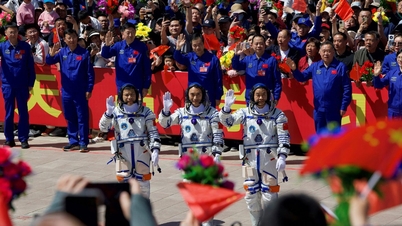
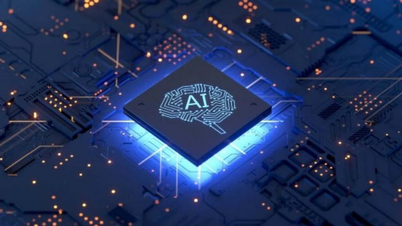




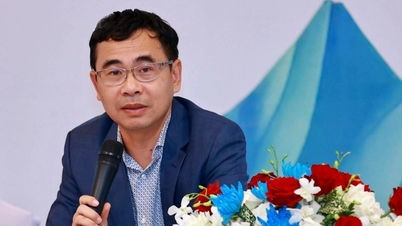












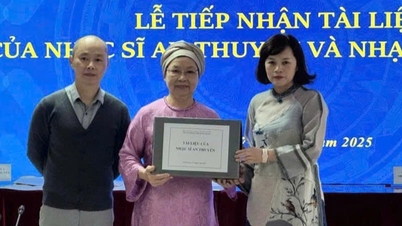
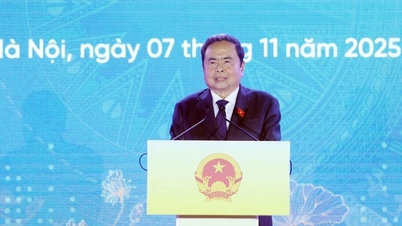



















































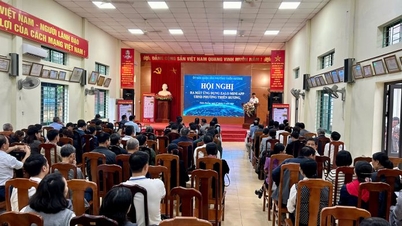


















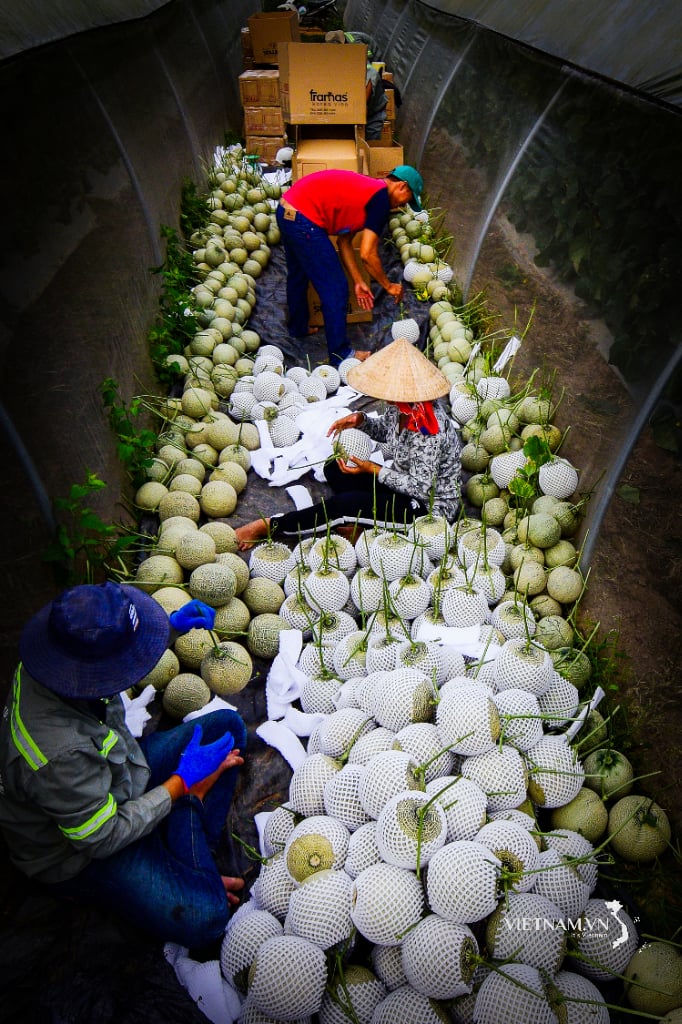


Comment (0)